Personal Finance
Explore Gallup's research.
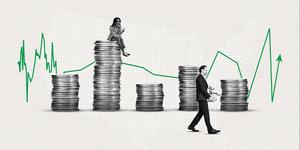
More Americans expect positive than negative momentum in the stock market, overall economic growth and interest rates, but their outlook for unemployment and inflation is negative.
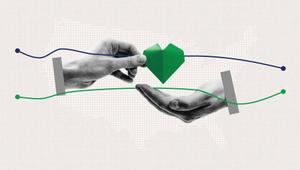
Americans remain widely engaged in charity, with volunteering rising and participation increasingly centered on nonreligious rather than religious organizations.
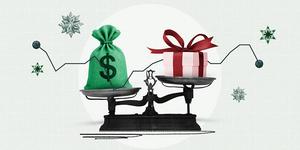
Americans' economic confidence has fallen to its lowest level in over a year, accompanied by a historic drop in planned holiday spending.
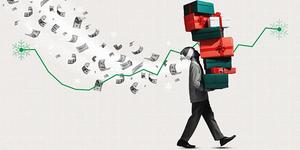
Americans expect to spend an average of $1,007 on holiday gifts this year, nearly identical to their estimate at the same point in 2024.

Since 2023, an average of 62% of Americans report owning stock, a rebound after more than a decade of lower readings.
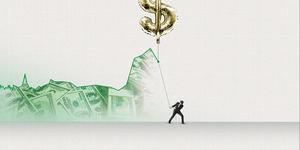
Fewer Americans than in 2023 and 2024 name inflation as the most important financial problem facing their family, but it still ranks at the top of the list.
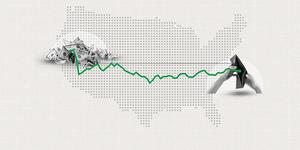
Americans are pessimistic about economic growth and the stock market, with a majority now expecting their personal finances to worsen.

Discover the veterinary habits of pets and their parents, and the barriers that prevent pets from receiving necessary care.
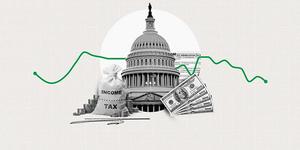
The 46% of U.S. adults who say their income taxes are fair essentially matches the record-low 45% from 1999.
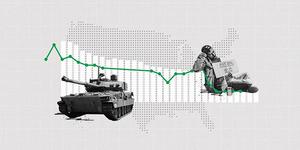
As President Donald Trump launches initiatives to reshape the nation in his second term, a recent Gallup poll provides a road map for the issues Americans think need the most attention.
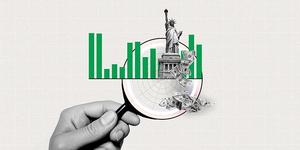
Americans' expectations for economic growth, the stock market, inflation and interest rates are more optimistic than they have been in recent years.
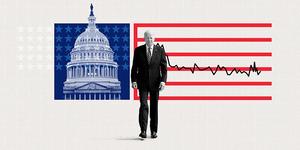
Americans close out the year disapproving of Biden and Congress and feeling largely dissatisfied with the direction of the country.
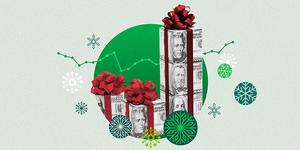
Gallup's final 2024 measure of Americans' holiday gift outlays finds consumers' spending estimate up slightly from a year ago.
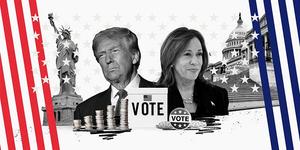
Americans are unhappy with the status quo in key areas of U.S. leadership, suggesting this should be a "change" election. Yet Kamala Harris edges out Donald Trump in favorability.

Americans predict they will spend an average of $1,014 on holiday gifts this year, well above the $923 they estimated at this time last year.
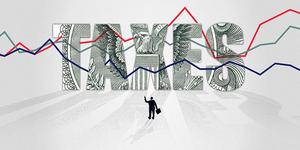
While a majority of Americans say their federal taxes are too high, these views vary significantly by partisanship and have varied widely over time.
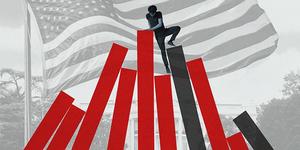
Most key measures of the political environment for the 2024 election favor the Republican Party over the Democratic Party.

Gallup's Economic Confidence Index improved in August, but inflation and job market concerns persist.

Social Security is much more important to retired Americans than they thought it would be.
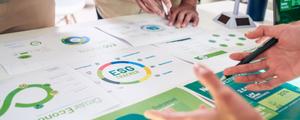
For the second straight year, a Gallup-Bentley University study shows Americans' desire for businesses to take stances on current events is falling, with 38% now agreeing that businesses should speak out.